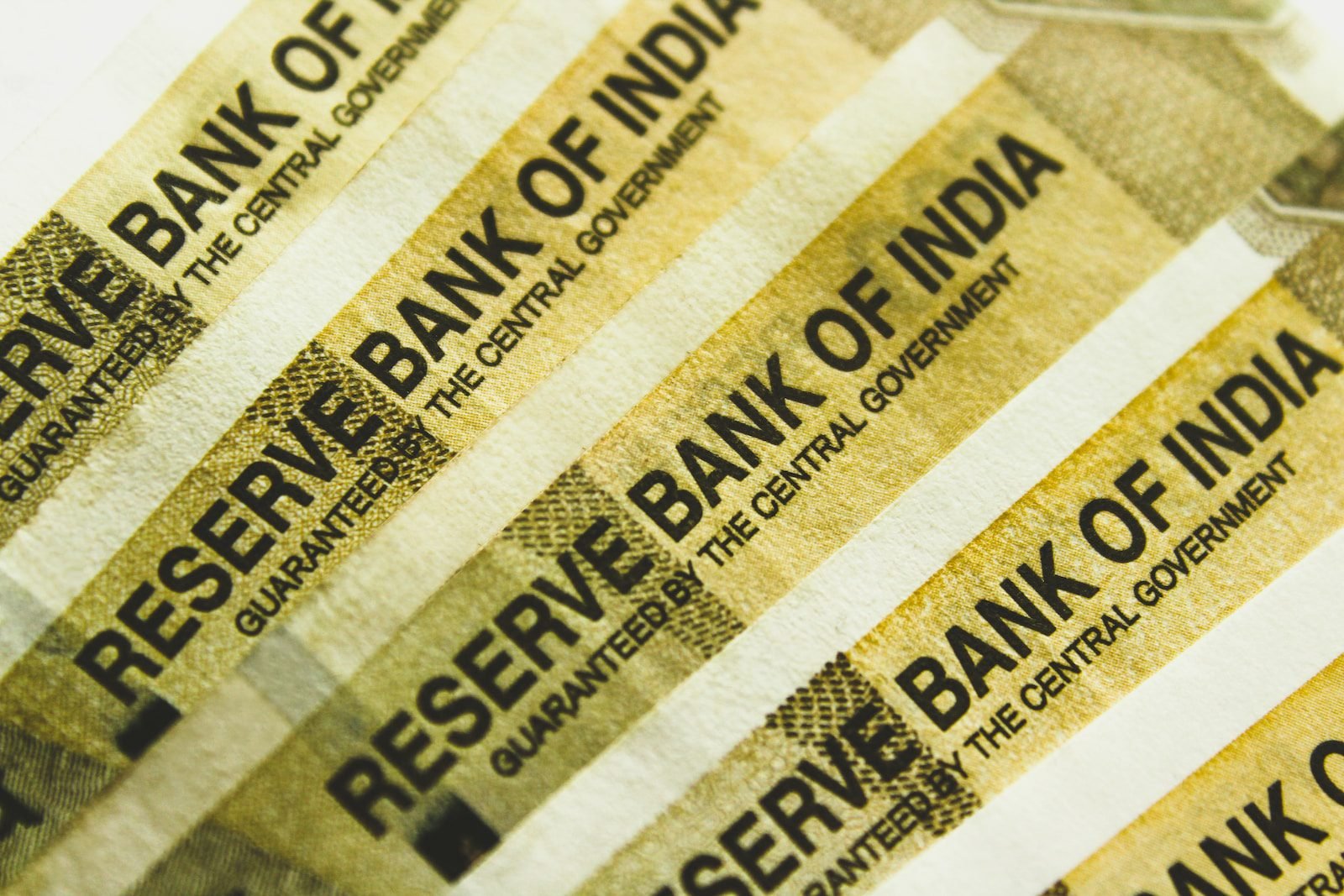Mumbai, May 18, 2023 –
The Reserve Bank of India (RBI) has long been recognized as a key player in the Indian financial landscape. As the country’s central banking institution, the RBI holds significant influence over the currency market through its monetary policy decisions. Announcements concerning interest rates, inflation targets, or policy changes made by the RBI have the potential to exert a profound impact on currency exchange rates, making them of utmost importance to traders, investors, and the wider economy.
The RBI’s primary objective is to maintain price stability while supporting sustainable economic growth. To achieve this, it formulates and implements monetary policy in line with the changing dynamics of the Indian economy. One of the key tools at its disposal is the repo rate, which is the rate at which the RBI lends to commercial banks. Changes in the repo rate have a cascading effect on the interest rates offered by banks to consumers and businesses, thereby influencing borrowing costs and spending patterns.
When the RBI announces a reduction in the repo rate, it aims to encourage borrowing and stimulate economic activity. Lower interest rates make it cheaper for businesses and individuals to obtain loans, leading to increased investment and consumption. Consequently, this can boost economic growth and potentially attract foreign capital inflows. However, if the RBI decides to raise interest rates, it aims to rein in inflationary pressures and curb excessive borrowing. This can have a dampening effect on economic activity and may result in a decrease in currency demand, which can subsequently impact exchange rates.
Apart from interest rates, the RBI also focuses on maintaining price stability by setting inflation targets. Inflation refers to the general increase in prices of goods and services over time. By establishing a target inflation rate, the RBI guides market expectations and facilitates policy planning. When inflation is running above the target, the RBI may opt for tighter monetary policy measures to reduce liquidity in the system, thereby curbing inflationary pressures. Conversely, if inflation is below the target, the RBI may adopt expansionary measures to stimulate economic growth.
Currency exchange rates are highly sensitive to interest rates and inflation differentials between countries. When the RBI adjusts its monetary policy, it can create disparities with the policies of other central banks, leading to shifts in currency values. For instance, if the RBI raises interest rates while other major central banks maintain low rates, it can attract foreign investors seeking higher returns, thereby strengthening the Indian rupee. On the other hand, if the RBI lowers interest rates, it can potentially lead to capital outflows, resulting in depreciation of the rupee.
Policy changes by the RBI beyond interest rates and inflation targets can also have a significant impact on currency markets. For example, interventions in the foreign exchange market by the RBI to stabilize the rupee’s value or changes in regulations affecting capital flows can influence currency exchange rates. Market participants closely monitor such announcements and incorporate them into their trading strategies to take advantage of potential currency movements.
The RBI’s monetary policy decisions are not made in isolation but are influenced by various factors such as economic growth, inflation trends, fiscal policy, global economic conditions, and financial market dynamics. The central bank maintains a close watch on these indicators, conducting in-depth analyses and consultations before arriving at policy decisions. Its monetary policy committee, comprising both internal and external members, deliberates on key factors to arrive at a consensus.
In conclusion, the Reserve Bank of India plays a critical role in shaping currency markets through its monetary policy decisions. Announcements regarding interest rates, inflation targets, or policy changes by the RBI can have a profound impact on currency exchange rates. Market participants carefully monitor these announcements and adjust their strategies accordingly, recognizing the importance of staying informed about the RBI’s monetary policy stance in their currency trading activities.




